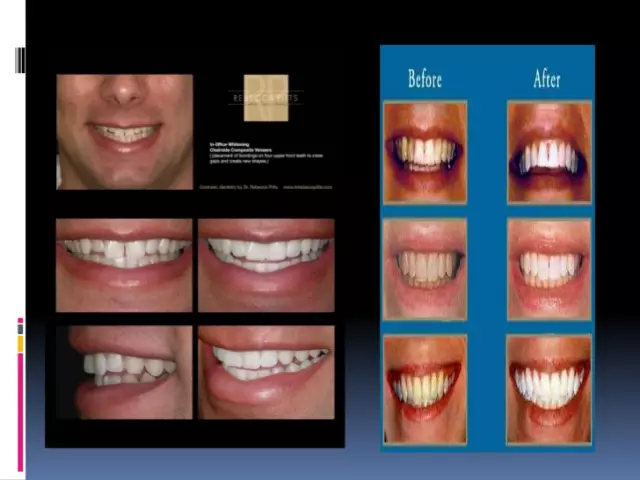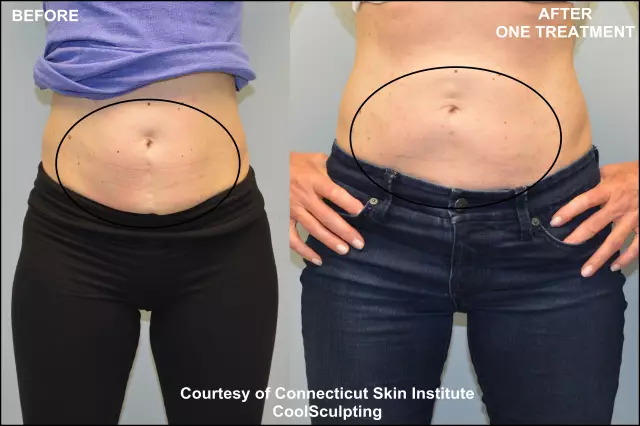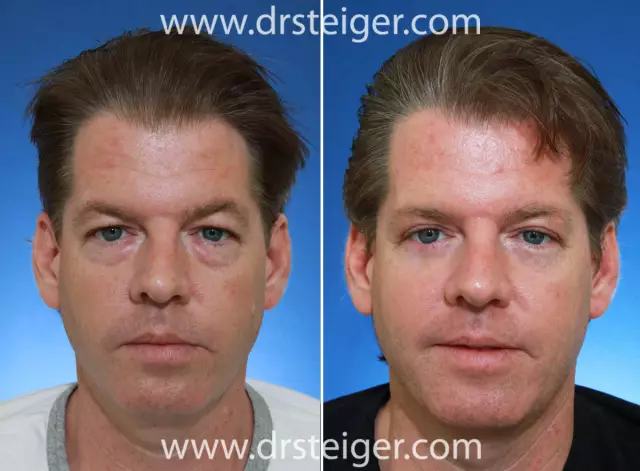- Author Rachel Wainwright wainwright@abchealthonline.com.
- Public 2023-12-15 07:39.
- Last modified 2025-11-02 20:14.
Causes of night sweats in women
The content of the article:
-
Main reasons
- Climax
- Pregnancy
- Lactation period
- Endocrine diseases
- Tuberculosis
- Preventing night sweats
- Video
The reason for night sweats in women can be both physiological changes in the body and various diseases.

Choosing the right bedding and sleepwear is important to avoid excessive night sweating.
A healthy person at a comfortable ambient temperature produces up to one liter of sweat per day. With physical exertion or in the heat, its amount can double. If, under normal conditions, these indicators increase, hyperhidrosis is diagnosed.
Increased sweating is especially noticeable at night, when the woman is asleep, and the sweat does not have time to quickly evaporate. External factors can cause this condition, such as:
- high air temperature in the room;
- bed linen made of artificial airtight materials;
- the blanket is too warm.
If, after eliminating these factors, a woman continues to sweat heavily during sleep, this indicates a disturbance in the body. Why does hyperhidrosis occur?
Main reasons
Changes in hormonal levels can be attributed to the causes of heavy sweating at night in women. Sweating often accompanies diseases in which the body temperature rises.

Symptoms of hyperhidrosis may be associated with fever associated with infectious diseases
Most infectious diseases (flu, SARS, tonsillitis) or inflammatory processes are accompanied by fever and sweat, which evaporates from the surface of the body and cools it. This is a normal reaction of the body, which is not a true hyperhidrosis and does not require separate treatment.
Climax
After 45 years, a woman's reproductive function fades away and menopause begins. A characteristic feature of the climacteric period is frequent hot flashes, in which a large amount of sweat is released (sweating back, neck and head). In some women, menopause can occur after 40 years or later, after 50 years.

Menopause is usually accompanied by hot flashes in combination with increased sweating
The reason for increased sweating is a violation of the thermoregulation system, which occurs as a result of a decrease in the amount of female sex hormones (estrogens). Their deficiency leads to the fact that the hypothalamus receives a signal about overheating of the body. Sweat is secreted to lower the body temperature. Nighttime hyperhidrosis often leads to insomnia.
For the treatment of this type of hyperhidrosis, hormone replacement therapy drugs are used, which make up for the deficiency of estrogen in the blood. You can also take sedatives and herbal remedies.
Pregnancy
Most pregnant women complain of sweating at night. The reason for this is a change in hormonal levels (the body's reaction to a sharp change in estrogen levels). During this time, the hypothalamus receives false information about an increase in body temperature and gives the command to produce sweat to cool the body.

Increased sweating in most cases is noted in the I-II trimester
Lactation period
Sweating during breastfeeding occurs in many women. Changes in hormonal levels are also the reason for this. Increased sweating in the first weeks after childbirth indicates the elimination of fluid that accumulates in the body during pregnancy.
After childbirth, the amount of estrogen in the body decreases, as a result of which a failure occurs in the mechanism of thermoregulation. This leads to the fact that the woman sweats a lot, especially at night. Often nursing mothers note the fact that the smell of sweat changes, it becomes too harsh and unpleasant. This is also associated with changes in hormonal levels.
There is no need to treat such hyperhidrosis, because after the hormonal background is normalized, the problem will disappear on its own. The main thing is to follow the rules of personal hygiene.
Endocrine diseases
Excessive sweating at night in both women and men can occur as a result of the following pathologies:
| Disease | Description |
| Diffuse toxic goiter (thyrotoxicosis) and thyroiditis | Excessive sweating is caused by a pathological increase in the production of thyroid hormones, which, in turn, causes hyperhidrosis |
| Diabetes | High blood sugar levels lead to the development of autonomic neuropathy, in which many nerve fibers die, including those responsible for the sweat glands. Skin receptors lose sensitivity to temperature effects, which causes increased sweating. Especially often with diabetes mellitus, the upper body sweats, while the lower limbs remain dry |
| Pituitary tumors | Tumors lead to a malfunction of neuroregulatory mechanisms. Night sweats in this case are observed for a long period and are difficult to treat. |
Tuberculosis
This is a rather serious disease that requires long-term treatment. It is caused by bacteria (Koch's sticks), which most often affect the respiratory, less often the urogenital, central nervous, digestive or musculoskeletal systems.
The disease often proceeds without vivid symptoms. But at the same time, the person notes that he has developed weakness, apathy, drowsiness. He has no appetite and weight loss.
In severe cases, increased sweating interferes with normal sleep, you have to get up regularly and change bedding and clothes.
In this case, you can get rid of the symptoms of hyperhidrosis only by curing the underlying disease. The therapy is carried out in special institutions. Treatment can last for years. The main drugs are antibiotics and anti-tuberculosis drugs.
Preventing night sweats
In order to avoid the development of hyperhidrosis at night, you must:
- maintain a comfortable air temperature in the bedroom, be sure to ventilate the room before going to bed;
- choose bed linen made from natural fabrics that allow air to pass through; you also need to choose comfortable clothes for sleeping;
- observe the rules of personal hygiene;
- avoid strenuous physical activity before bedtime.

To reduce the likelihood of increased sweating at night, it is important to maintain an optimal air temperature in the room.
If night sweats in women are observed for a long period and are accompanied by other symptoms, you should seek the advice of a dermatologist.
Video
We offer for viewing a video on the topic of the article.

Anna Kozlova Medical journalist About the author
Education: Rostov State Medical University, specialty "General Medicine".
Found a mistake in the text? Select it and press Ctrl + Enter.






